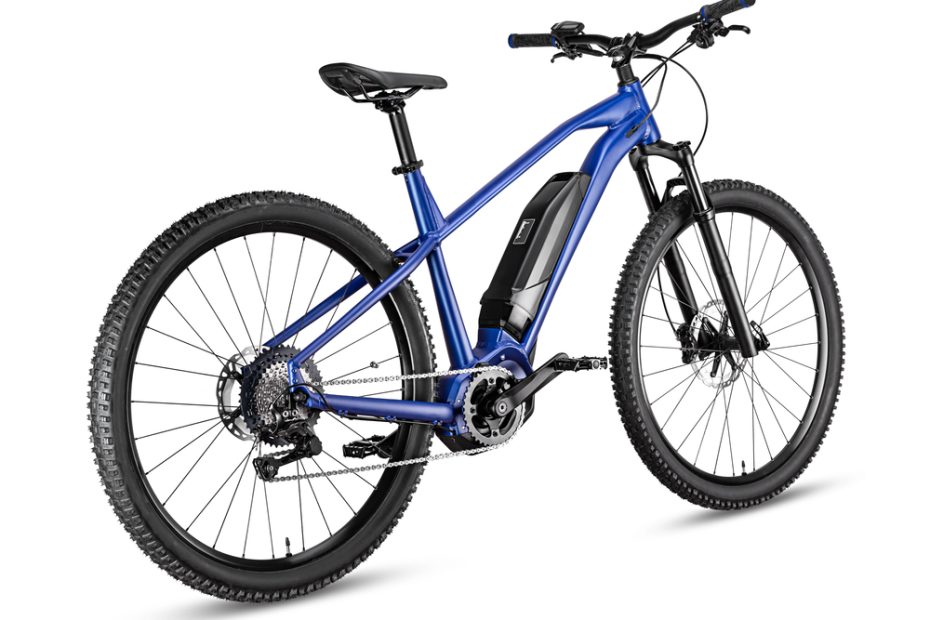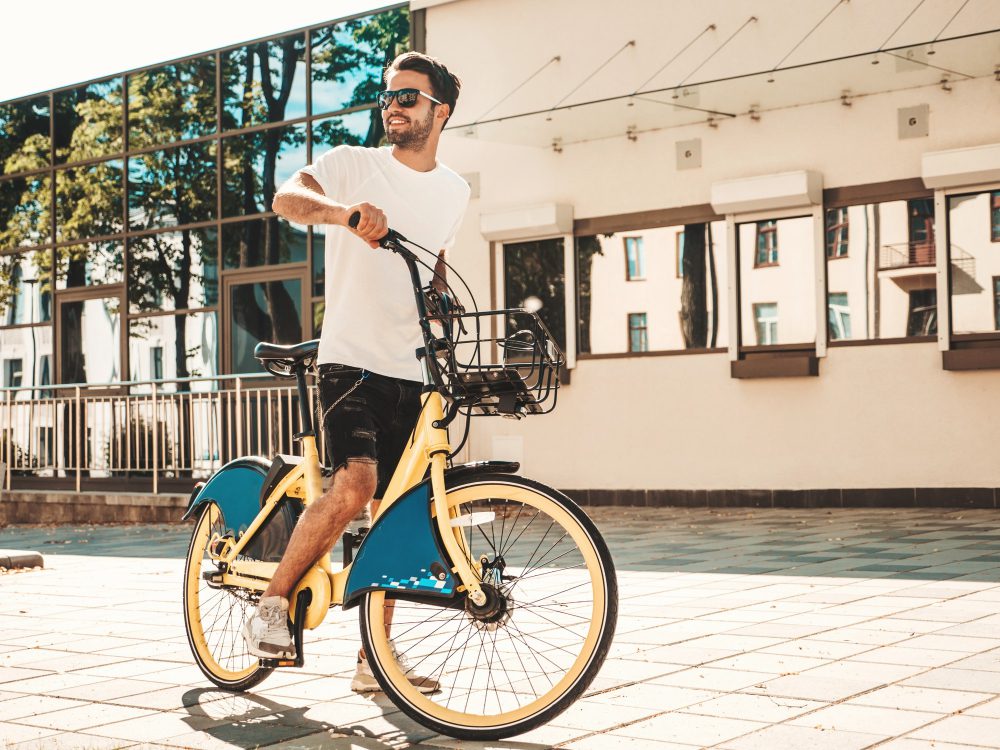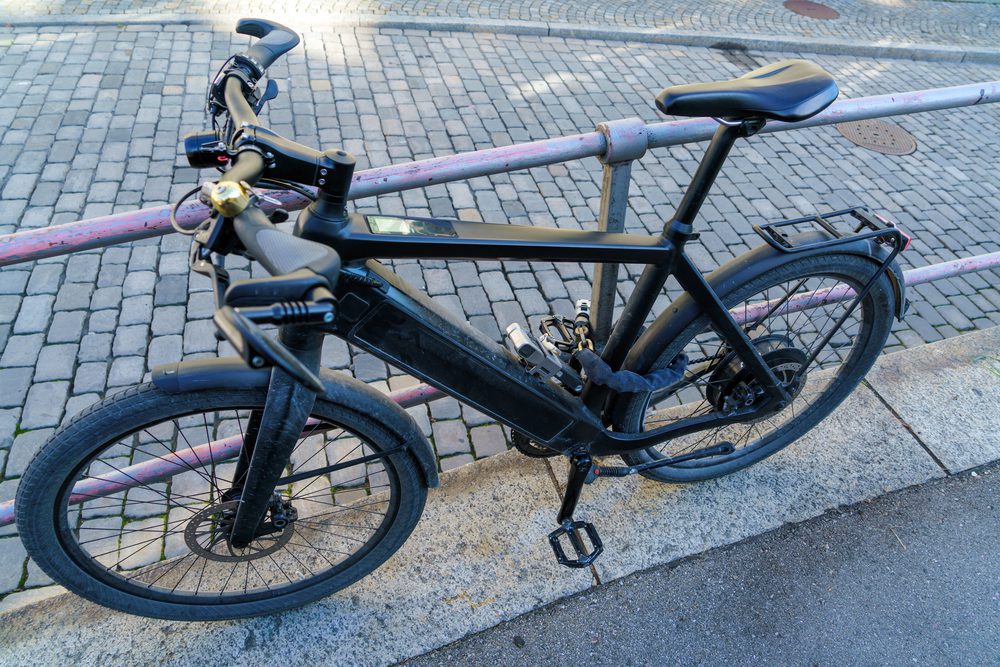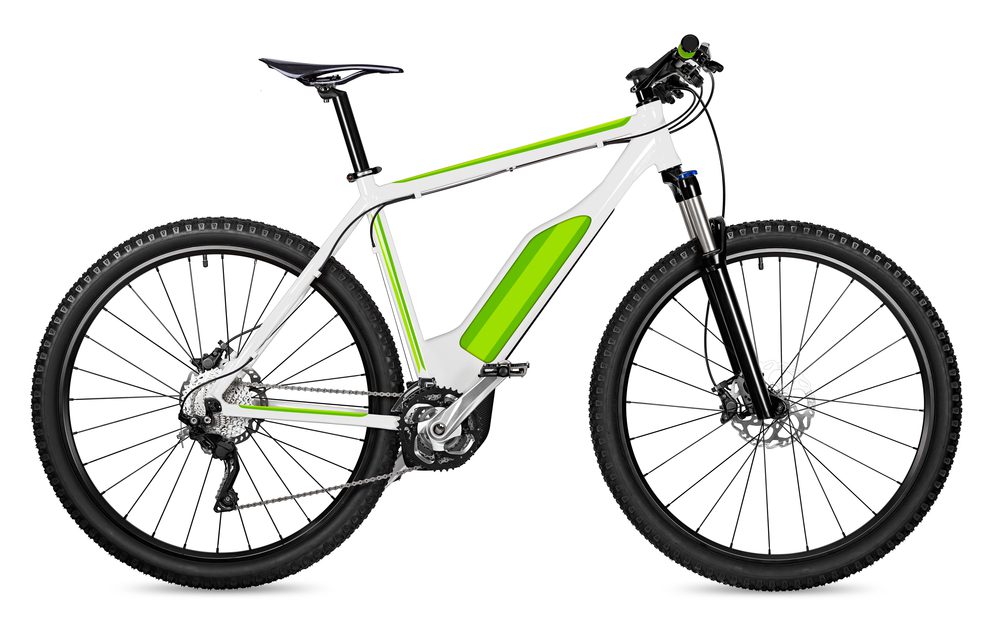Do Police Check eBike Power?
Introduction
Electric bicycles, commonly known as eBikes, have been gaining popularity in recent years. With their pedal-assist capabilities, these bikes offer a convenient and eco-friendly alternative to traditional bicycles and motor vehicles. However, as eBikes continue to surge in popularity, questions arise regarding their regulation and enforcement. One such question is whether the police check the power of eBikes to ensure compliance with the law.
The Classification of eBikes
To understand how police enforce regulations on eBikes, it is essential to first look at the classification of these vehicles. In the UK, eBikes are classified into different categories based on their power output and speed capabilities. The three main categories are:
- Class 1 eBikes: Also known as “pedal assist” eBikes, these models provide assistance only when the rider is pedaling and have a maximum speed of 15.5 mph (25 km/h).
- Class 2 eBikes: These eBikes have a throttle that allows the rider to control the power without pedaling. They also have a maximum speed of 15.5 mph (25 km/h).
- Class 3 eBikes: Similar to Class 1 eBikes, these models provide pedal-assist but have a higher maximum speed of 28 mph (45 km/h).
Enforcement of eBike Regulations
The enforcement of eBike regulations varies depending on the classification of the eBike. Class 1 and Class 2 eBikes are typically treated as conventional bicycles from a legal standpoint. Riders are not required to have a license, insurance, or vehicle tax for these eBikes. However, certain restrictions may apply, such as the minimum age for riding and the requirement to wear a helmet.
On the other hand, Class 3 eBikes are subject to additional regulations. Riders must be at least 14 years old and wear a helmet while operating these eBikes. Additionally, Class 3 eBikes are not allowed to be ridden on sidewalks or pedestrian-only areas. These regulations aim to ensure the safety of riders and pedestrians while allowing eBike users to enjoy their benefits.
Police Checks on eBike Power
When it comes to checking the power output of eBikes, the enforcement approach varies. In general, the police prioritize enforcing regulations on eBike usage based on speed rather than power. The focus is on ensuring that riders adhere to the maximum speed limits specified for each eBike classification.
The Department for Transport (DfT) states that eBike manufacturers and retailers have a responsibility to ensure that the eBikes they sell comply with the required standards. This includes meeting the maximum power output and speed limitations for each classification. Therefore, it is expected that most eBikes available in the market would already adhere to these regulations.
However, if a police officer suspects that an eBike exceeds the allowed speed limit, they may conduct a speed check to verify the compliance. This could involve using speed detection devices or pursuing further investigations.
“Enforcement of eBike regulations primarily focuses on speed compliance rather than specifically checking the power output. Police officers rely on their training and equipment to identify potential violations and ensure the safety of all road users.” – UK Police Official
Educating eBike Users
Instead of focusing solely on punishment, authorities also prioritize educating eBike riders about the regulations. This approach aims to create awareness and promote responsible eBike usage. Organizations like the Electric Bike Association (EBA) offer resources and guidance for understanding the rules and best practices when riding eBikes.
By educating eBike users about the restrictions and requirements, authorities hope to foster a culture of compliance. It is crucial for riders to familiarize themselves with the regulations related to their eBike classification and abide by them to ensure a safe and enjoyable riding experience.
Can police take my electric bike?
Introduction
Electric bikes, also known as ebikes, have become increasingly popular in recent years due to their convenience and eco-friendly nature. However, there may be some concerns about the powers that the police have when it comes to these vehicles. In this article, we will explore whether the police can legally confiscate your electric bike.
The Law
In the United Kingdom, electric bikes are classified as Electrically Assisted Pedal Cycles (EAPCs) as long as they meet certain criteria. These criteria include having pedals that can be used to propel the bike and a motor with a maximum power output of 250 watts. EAPCs are treated differently from motorcycles or other motor vehicles under the law.
Police Powers
While the police have the authority to enforce traffic laws and regulations, they generally do not have the power to seize an electric bike that meets the criteria of an EAPC. As long as your electric bike is classified as an EAPC and you are using it lawfully, the police cannot simply take it away from you.
Exceptions
However, there are exceptions to this rule. If your electric bike does not meet the criteria set for EAPCs, for example, if it has a more powerful motor or lacks pedals, then it may be classified as a motorcycle or moped. In such cases, the police have the same powers as they do for any other motor vehicle, including the ability to seize the bike if it is being used unlawfully or if you do not have the appropriate license or insurance.
Know Your Rights
If you believe that the police have wrongly seized your electric bike, it is important to know your rights. You have the right to challenge the seizure and seek legal advice if necessary. It may also be helpful to familiarize yourself with the relevant laws and regulations surrounding electric bikes in your area.
Do police check e-bikes UK?
In the UK, electric bikes, commonly referred to as e-bikes, have become increasingly popular due to their convenience and eco-friendly nature. However, many e-bike riders often wonder if the police will check their e-bikes for compliance with regulations. Let’s take a closer look at this question.
Legal requirements for e-bikes in the UK
The use of e-bikes in the UK is governed by certain legal requirements. To be classified as an e-bike, it must meet specific criteria:
- The motor should have a maximum power output of 250 watts.
- The motor should not provide assistance when the bike exceeds a speed of 15.5 mph.
- The bike must be fitted with pedals that can be used to propel it.
These regulations ensure that e-bikes are treated as bicycles rather than mopeds or motorcycles, allowing them to be used on public roads and cycle paths without the need for a license, tax, or insurance.
Police checks on e-bikes
In general, the police do have the authority to conduct random checks on e-bikes to ensure that they comply with the legal requirements. However, the frequency of such checks may vary depending on several factors, including the region and the specific circumstances.
It is important for e-bike riders to ensure that their bikes meet the regulations mentioned earlier to avoid any potential issues during police checks. By doing so, riders can confidently use their e-bikes in compliance with the law.
“E-bike riders should always carry relevant documentation, such as proof of purchase and compliance with legal standards, to provide if requested by the police.”
Penalties for non-compliance
If an e-bike is found to be non-compliant during a police check, there can be penalties. The severity of these penalties may vary depending on the specific circumstances and the discretion of the officer conducting the check.
It is worth noting that riding a non-compliant e-bike may result in invalidating any insurance coverage the rider may have, which could have serious financial consequences in the event of an accident.
Conclusion
In most cases, the police cannot take away your electric bike if it meets the criteria of an Electrically Assisted Pedal Cycle (EAPC). However, it is important to ensure that your electric bike complies with the law to avoid any potential issues. Remember, knowing your rights and staying informed about the regulations can help you enjoy your electric bike without unnecessary concerns.
In summary, while random police checks on e-bikes do happen in the UK, riders can ensure a hassle-free experience by ensuring their e-bikes comply with legal requirements. By following the regulations and carrying relevant documentation, e-bike riders can enjoy the benefits of their electric-powered bicycles without any concerns about compliance or penalties.




Your class 1, 2 and 3 bikes are not part of UK law, you appear to have just lifted that info from a US website. which does not apply to the UK The UK EAPC rules limits ebikes to max 250W motor, must be pedal assisted up to a max speed of 15.5mph and without a throttle. If your bike does not meet all thise then it would be an electric moped and requires registration, taxing, a vehicle license, insurance, and a motorbike helmet etc